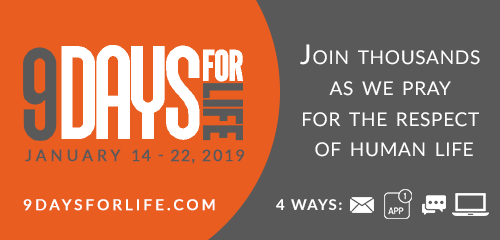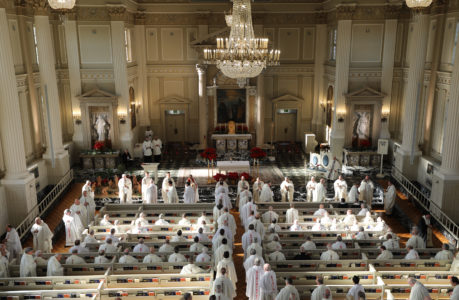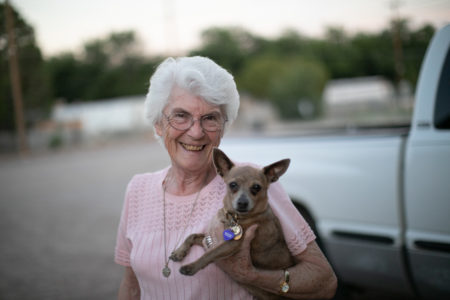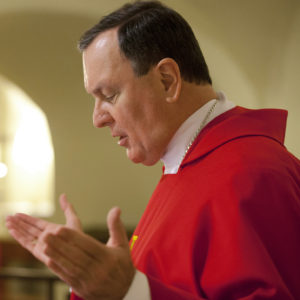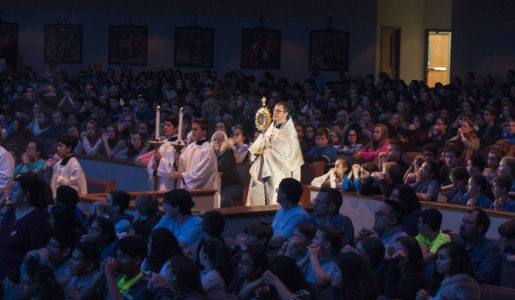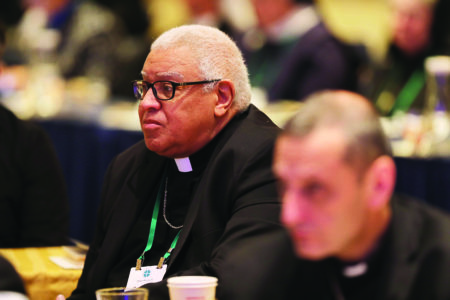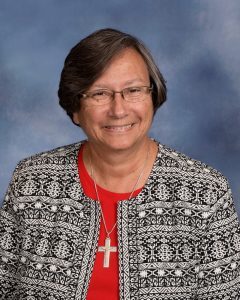
Sister Mary Joan
NEW ORLEANS – Sister Mary Joan (aka Sister Mary Jo) Mike, the long-time principal of Nativity of the Blessed Virgin Mary Elementary School, passed away on January 2, at Ochsner Medical Center in New Orleans after a second battle with cancer. Sister Mary Jo was born in St. Paul, Minnesota, on November 30, 1951.
She was preceded in death by her parents, William and Agnes Mike.
Sister Mary Jo is survived by her sibling sister, Judi Berger; her nieces and nephews; and her dearest friends, Margy and Dale Van Lerberghe of Port Clinton, Ohio.
Sister Mary Jo came to the Sisters of St. Francis of Sylvania, Ohio, from her Presentation Parish in St. Paul in 1970. She made her First Profession of religious vows in 1972 and her Final Profession in 1975. She earned a Bachelor’s Degree from the former Mary Manse College in Toledo and her Master’s from the University of Detroit. She taught in schools in Ohio, Michigan, Minnesota and Louisiana and served as principal in Ohio and Mississippi. She served on the Sylvanian Franciscan Health Board for several years. She also held leadership positions in the Diocese of Biloxi where she was the beloved Principal of Nativity of the Blessed Virgin Mary (BVM) Elementary school for 27 years. Sister Mary Jo mentored several generations of children in Biloxi and beyond.
Attesting to her superior work in education, Sister Mary Jo received the highly acclaimed Principal of the Year Award given by the National Catholic Education Association in 2015 held at their annual convention in Orlando. That same year, Sister Mary Jo served as a liaison to the Holy See in a symposium held for Catholic Education throughout the world.
She was awarded for her 25 years of service at Nativity BVM Elementary School in 2017 with a plaque and a ticket to the Saints/Viking opening game (being an avid football fan). Not only did Sister Mary Jo excel in leadership in our Catholic Schools, she was a valuable community leader in Biloxi highly respected for her willing cooperation with the City. Sister Mary Jo came to the assistance of the City of Biloxi in the aftermath of Hurricane Katrina when she opened her school to the City’s first responders, whose facilities were heavily damaged and turned it into a “M.A.S.H. unit.” By her cooperation, the City’s firemen and policemen operated out of the school in the immediate days following the catastrophe. Despite the chaos, and amidst damaged buildings, Sister Mary Jo managed the school’s reopening for regular classes within only a few weeks after the storm.
Sister Mary Jo was an outstanding school principal. She helped develop Nativity BVM Elementary school as a premier Catholic elementary school excelling in academics, child health, sports, robotics, and faith. She was instrumental in developing the only Special Education component within the Catholic School System in the Diocese of Biloxi. Over the years, she built up a highly qualified and stable staff of teachers which the school enjoys even to this day.
To know Sister Mary Jo was to know someone who loved her vocation as a religious Sister and educator. She loved her God, her religious community, her students, co-workers and the many families she served. Her sense of humor, her ready smile, her bravery under duress (cancer and hurricanes) are just some of the characteristics of Sister Mary Jo Mike that will be dearly missed by the Sisters in her community, her sister, her family as well as the beloved people of Nativity BVM Mary Parish in Biloxi.
A visitation for Sister Mary Jo was held at the Cathedral of the Nativity of the Blessed Virgin Mary on Thursday evening, January 3. A Mass of Christian Burial was celebrated Friday, January 4. Sr. Mary Jo will be sent to Sylvania, Ohio for interment in Porta Coeli Cemetery.
In lieu of flowers, Sister Mary Jo requested that donations be made to The Nativity School Foundation. The proceeds from this perpetual foundation go directly to tuition reduction of the parents of school children. Donations should be mailed to Nativity School Foundation, P.O. Box 453, Biloxi, MS 39533-0453.

